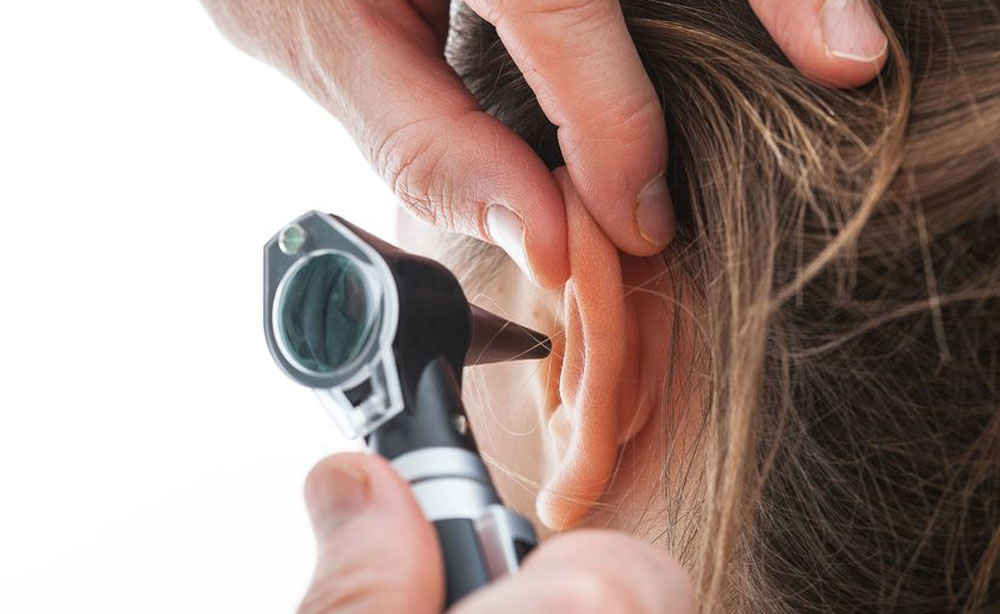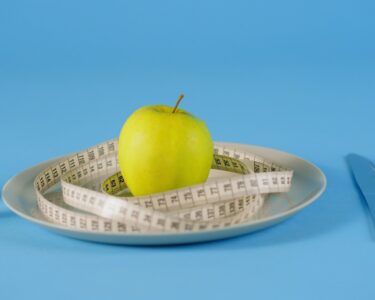Did you know that hearing loss is the third most common chronic health condition in the United States? And that almost twice as many people report hearing loss than those who report diabetes or cancer?(1) And untreated hearing loss is linked to falls and dementia?
The connection of hearing loss and Dementia: Midlife hearing loss is one of the risk factors for dementia.(2) Studies suggest that hearing loss causes brain changes that raise the risk for dementia.
The link of hearing and falls: According to a study conducted by Johns Hopkins University School of Medicine, an increase in hearing loss in an individual (going from normal hearing to a mild hearing loss) is associated with a three-fold increase in reported falls over the past year.
Maintaining healthy hearing: One of the factors in maintaining healthy hearing is being aware of the degree and amount of loud sound exposure. More than 40 million Americans aged 20 to 69, have some type of hearing loss. And of those, 10 million are attributable to noise-induced hearing loss. The simplest ways to protect your hearing are to avoid loud noise or wear hearing protection. An audiologist (hearing doctor) can help you identify the right hearing protection including custom hearing protection that can provide a comfortable fit and good sound quality.
The American Academy of Audiology states that lengthy or repeated exposure to noise above 85 decibels, can damage hearing. So, what does that mean? Noise from fireworks can reach up to 155 decibels. A jet plan taking off is estimated to be 155 decibels. Shooting a gun is around 140-175 decibels. An amplified music concert, and an MP3 player with the volume turned all the way up, can be as high (or higher) as 120 decibels. Movie action scenes in the theatre have been known to reach 100 decibels. But outdoor sounds can pose a risk, too. Lawn mowers are around 85 decibels and chain saws can be 115-120 decibels. Compare these with normal conversation that is around 60-65 decibels.
Protect your hearing with EARS:
E – earplugs
A – avoid loud sounds
R – reduce the level of sounds
S – shorten time in loud environments
“There is no doubt people are concerned about their health. Often, though, they don’t think about the importance of hearing health,” said Catherine Palmer, PhD., president-elect of the American Academy of Audiology and also Associate Professor, University of Pittsburgh and Director of Audiology for the UPMC Health System. “An audiologist educates patients about safe versus unsafe levels for listening. They utilize tools and share resources that empower patients to protect their hearing. Additionally, they perform hearing evaluations and facilitate aural rehabilitation efforts for hearing loss, tinnitus and certain balance problems.”
If you are noticing that your hearing has diminished, visit an audiologist and get tested. Though there may be things that can be done to prevent your hearing from getting worse, it could also be time to think about looking into companies like Independent Hearing to learn more about hearing aids and how they could offer assistance if nothing more can be done to help with your hearing. However, your audiologist will also be able to give you some advice in this area should you need it to.
Protect your hearing – your health may depend on it.
- Centers for Disease Control and Prevention.
- Lancet Commission on Dementia Prevention, Intervention and Care














 Deering Estate
Deering Estate
 Massage Envy South Miami
Massage Envy South Miami
 Calla Blow Dry
Calla Blow Dry
 My Derma Clinic
My Derma Clinic
 Sushi Maki
Sushi Maki
 Sports Grill
Sports Grill
 The Healthy Kitchen
The Healthy Kitchen
 Golden Rule Seafood
Golden Rule Seafood
 Malanga Cuban Café
Malanga Cuban Café

 Kathleen Ballard
Kathleen Ballard
 Panter, Panter & Sampedro
Panter, Panter & Sampedro
 Vintage Liquors
Vintage Liquors
 The Dog from Ipanema
The Dog from Ipanema
 Rubinstein Family Chiropractic
Rubinstein Family Chiropractic
 Your Pet’s Best
Your Pet’s Best
 Indigo Republic
Indigo Republic




 ATR Luxury Homes
ATR Luxury Homes


 2112 Design Studio
2112 Design Studio
 Hamilton Fox & Company
Hamilton Fox & Company
 Creative Design Services
Creative Design Services
 Best Pest Professionals
Best Pest Professionals
 HD Tree Services
HD Tree Services
 Trinity Air Conditioning Company
Trinity Air Conditioning Company
 Cisca Construction & Development
Cisca Construction & Development
 Mosquito Joe
Mosquito Joe
 Cutler Bay Solar Solutions
Cutler Bay Solar Solutions


 Miami Royal Ballet & Dance
Miami Royal Ballet & Dance
 Christopher Columbus
Christopher Columbus
 Pineview Preschools
Pineview Preschools
 Westminster
Westminster
 Carrollton
Carrollton
 Lil’ Jungle
Lil’ Jungle
 Frost Science Museum
Frost Science Museum
 Palmer Trinity School
Palmer Trinity School
 South Florida Music
South Florida Music
 Pinecrest Orthodontics
Pinecrest Orthodontics
 Dr. Bob Pediatric Dentist
Dr. Bob Pediatric Dentist
 d.pediatrics
d.pediatrics
 South Miami Women’s Health
South Miami Women’s Health

 The Spot Barbershop
The Spot Barbershop
 My Derma Clinic
My Derma Clinic




 Miami Dance Project
Miami Dance Project

 Rubinstein Family Chiropractic
Rubinstein Family Chiropractic
 Indigo Republic
Indigo Republic

 Safes Universe
Safes Universe
 Vintage Liquors
Vintage Liquors
 Evenings Delight
Evenings Delight





 Atchana’s Homegrown Thai
Atchana’s Homegrown Thai
 Baptist Health South Florida
Baptist Health South Florida

 Laser Eye Center of Miami
Laser Eye Center of Miami
 Visiting Angels
Visiting Angels
 OpusCare of South Florida
OpusCare of South Florida

 Your Pet’s Best
Your Pet’s Best





 HD Tree Services
HD Tree Services
 Hamilton Fox & Company
Hamilton Fox & Company


 Creative Design Services
Creative Design Services